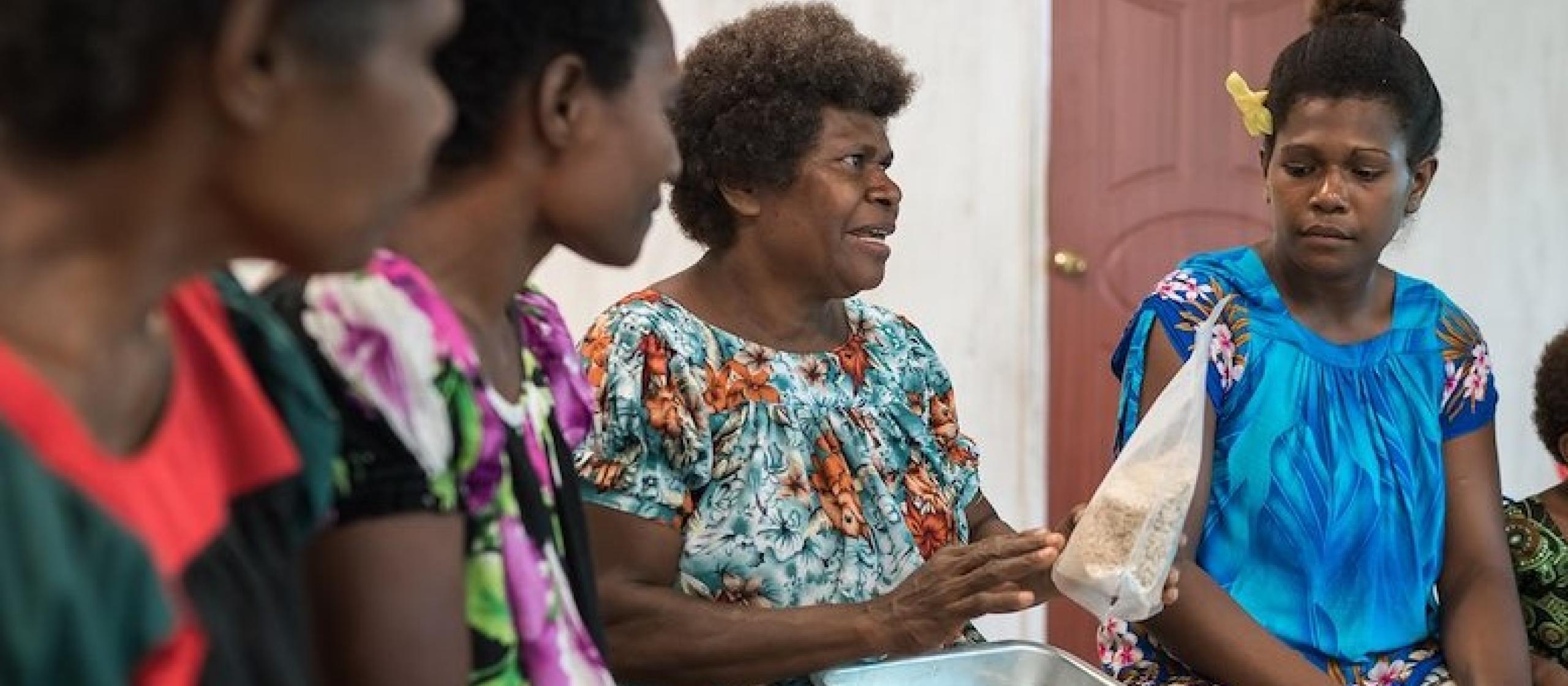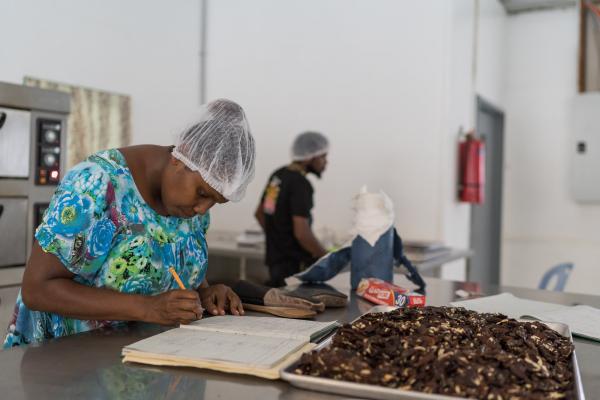- HomeHome
-
About ACIAR
- Our work
- Our people
-
Corporate information
- ACIAR Audit Committee
- Commission for International Agricultural Research
- Policy Advisory Council
- Agency reviews
- Executive remuneration disclosure
- Freedom of information (FOI)
- Gifts and benefits register
- Information publication scheme
- List of new agency files
- Contracts
- Legal services expenditure
- Privacy impact assessment register
- Commonwealth Child Safe Framework
- Benefits to Australia
- Careers
- 40 years of ACIAR
-
What we do
- Programs
- Cross-cutting areas
- Resources
- Where we work
-
Funding
- Research projects
- Fellowships
-
Scholarships
- John Allwright FellowshipScholarships to study in Australia for ACIAR partner country scientists to have Australian postgraduate qualifications
- ACIAR Pacific Agriculture Scholarships and Support and Climate Resilience Program
- Alumni Research Support Facility
- Publications
- News and Outreach
Date released
29 August 2018
Canarium nuts, known locally as ‘galip’, are marketable products that have great potential to improve the livelihoods of rural households in PNG. Canarium is indigenous to PNG, and the nutritious nuts have a flavour and texture somewhere between macadamia and almond. The main species with commercial potential is Canarium indicum.
ACIAR is currently supporting research for development activities on galip nut processing and marketing under the Transformative Agriculture and Enterprise Development Program. Professor Helen Wallace of The University of the Sunshine Coast is the project leader and has been working on fine-tuning the galip nut processing and supply chains for many years.
In an interview with Business Advantage PNG, Professor Wallace revealed there is strong consumer demand for galip in PNG, and great potential to expand the domestic markets and develop an export market.
‘Such expansion could improve the livelihoods of rural households by providing a larger market for nuts in Papua New Guinea,’ Professor Wallace says.
ACIAR has been working in partnership with smallholders, the National Agriculture Research Institute (NARI) and the private sector to expand markets and improve the processing quality. A major part of the project is developing a commercially viable factory that produces enough product for an increasing canarium nut market.
NARI Deputy Director General, Dr Akkinapally Ramakrishna explains how NARI has done a lot on galip over the years. ‘With assistance from the Australian Government, I believe we have now created an international market opportunity for the PNG galip nut.’
The project has achieved new markets in East New Britain and Port Moresby, identified key buyers, improved the farmers’ knowledge of supply chains, optimised production and also developed a new solar-drying method for preserving canarium nuts to extend their shelf life.
A major milestone for the project is the trading of canarium nuts in a commercial market in East New Britain Province. NARI staff have begun selling dried and packaged nuts to local retail supermarkets and several wholesalers, and demand is strong.
The sale of canarium nut product to commercial retail outlets is a first for PNG. In 2017 the new factory successfully bought and processed nearly 65 tonnes of nut-in-pulp, resulting in new sources of income for more than 1300 local farmers.
Local farmer Fecilitius Wilimo speaks highly of this new business venture and says the journey was quite an awakening. ‘I see mothers crack the nut and sell the kernels at the markets, so I joined in. Now that these women are buying it at NARI, it is a much easier way to make money, instead of sitting at markets.’ Wilimo sells canarium nut twice a week, earning more income than she previously made selling cocoa once a week.
Nuts have long had huge potential to improve the livelihood of rural populations, as a result of their excellent nutritional value. They can be stored for long periods of time, sold for cash or be processed and exported to distant markets.
ACIAR’s work in the canarium nut industry has been ongoing for more than a decade. The capacity of the industry is growing, new markets for canarium nut products are opening up and more processors are buying larger quantities of product. All this activity puts more money into the pockets of local farmers.
ACIAR PROJECTS:
- Developing markets and products for the Pacific Island and PNG canarium nut industry (FST/2010/013)
- Enhancing private sector-led development of the Canarium industry in PNG (FST/2014/099)




